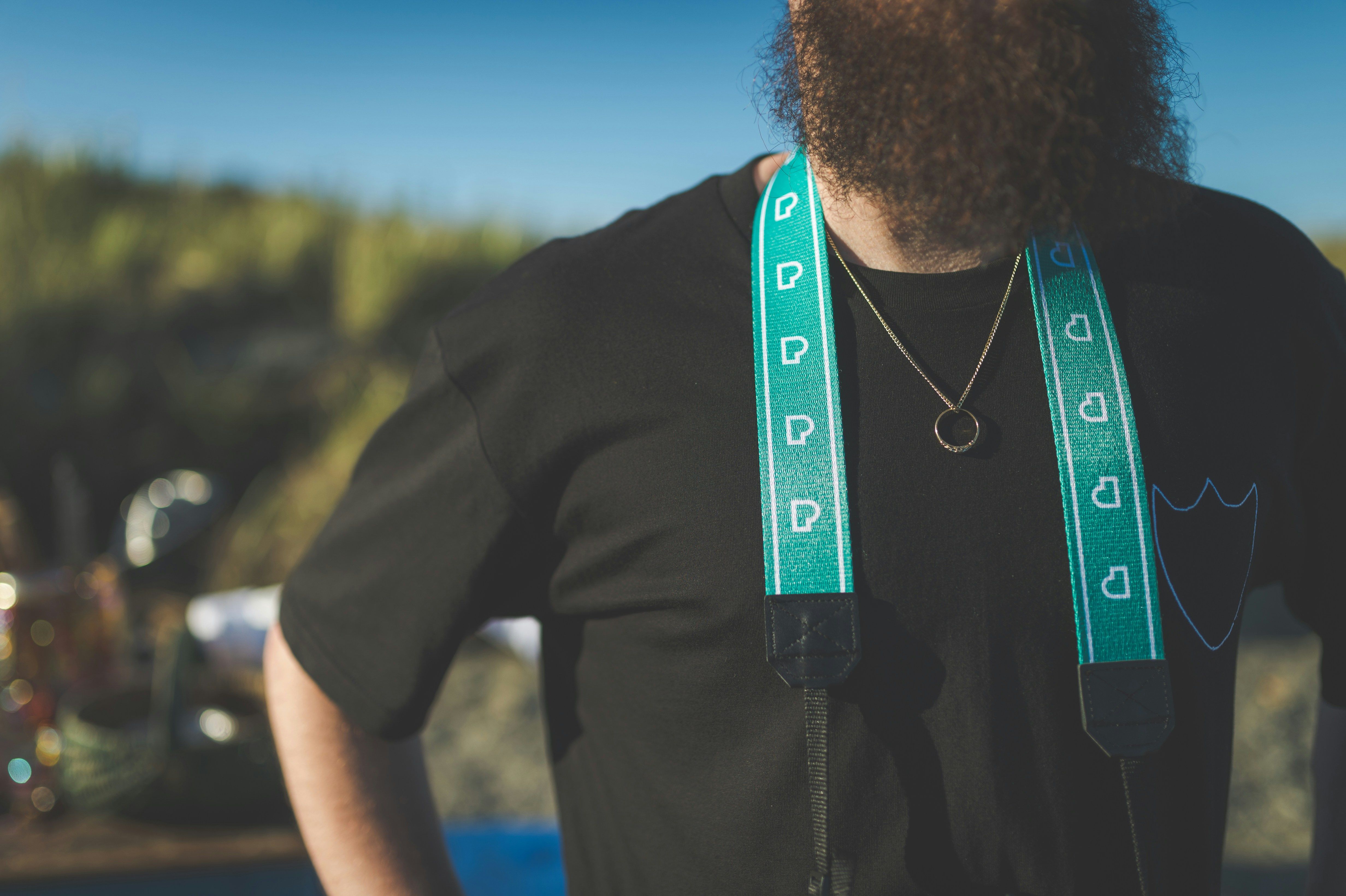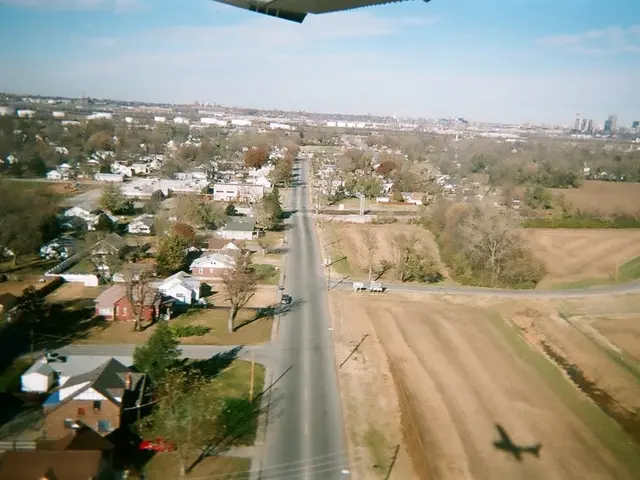Possible and Potential Impact of Fresno State Betting Scandal on the SAFE Bet Act
Fresno State's Basketball Betting Scandal and the SAFE Bet Act
In the sun-soaked town of Fresno, the men's basketball team at Fresno State University is in hot water as three players are under investigation for violating NCAA gambling rules. Two players, Jalen Weaver and Zaon Collins, have been suspended, while the third, Mykell Robinson, has been cut from the team, all while Congress is pushing for the SAFE Bet Act to regulate sports betting - including college sports.
The Suspended Players: Weaver, Collins, and Robinson
The scandal revolves around allegations that Weaver and Collins placed prop bets on their own performances during games they played in, while Robinson is said to have bet on professional sports. This breaks NCAA regulations that strictly prohibit student-athletes from wagering on any sports. With Weaver contributing 12.5 points per game and Collins offering 12.0 points and 4.7 assists, their sudden absence ahead of Fresno State's match against Air Force caused a stir, as the university cited an "eligibility matter" as the reasoning. Robinson, a junior forward who had not played since January 11, has been removed from the team entirely.
The Controversial Bill: SAFE Bet Act
The timing of this scandal nicely aligns with the SAFE Bet Act, a federal measure proposed to tackle sketchy sports betting, especially when it comes to college sports. The bill aims to set national standards for sports betting, but as of mid-April 2025, it has ceased progress in the Senate, halting any further development until at least 2025[1].
If passed, the SAFE Bet Act could force California sportsbooks and betting apps across the country to remove lines on NCAA games, addressing concerns over integrity and consumer protections[4]. However, the patchwork approach of states regulating sports betting independently leaves issues like the Fresno State betting scandal currently tackled at the state or institutional level - without a cohesive, national framework.
Hitting Close to Home: The Significance of the Scandal
The Fresno State scandal is merely the latest example in a long line of betting controversies. Iowa and Iowa State have also faced similar issues, leading the NCAA to intensify its investigation efforts. The outcome of these investigations, coupled with the slow progress of the SAFE Bet Act, serves to highlight the importance of regulations in the sports betting realm to ensure critical protections for student-athletes are enacted and maintained[4].
As more states continue to legalize sports betting, the need for national guidelines becomes increasingly crucial in preventing future scandals from emerging. The Fresno State incident might just be the tip of the iceberg - the turning point that shifts the tide towards stricter betting regulations and improved protections for universities, students, and the integrity of sports.
Advertising Disclosure
With sports betting on the rise, our team at our website.com is committed to providing unparalleled, independent sports betting news and content. Our website may receive a commission from partners when purchases are made through links on our site[5].
News tags: betting scandal | California | Fresno State Bulldogs | Jalen Weaver | Mykell Robinson | NCAA | SAFE Bet Act | Zaon Collins
Michael Molter, who once scouted college basketball for Florida State University and the University of Alabama, now focuses on NBA content, legal sports betting bills, sports betting revenue data, tennis betting odds, and sportsbook reviews. When not glued to the TV watching mid-level tennis matches, Michael enjoys taking to the basketball court, hiking, and kayaking[6].
Enrichment Data:
Overall:
Current Status of the SAFE Bet Act
The SAFE Bet Act was introduced in Congress and attempts to establish national standards for sports betting, requiring specific criteria to be met before states or licensees can offer sports betting. As of mid-April 2025, the bill has stalled in the Senate, conflicting with existing legislation, and cannot be revisited until the legislature reconvenes in 2025 at the earliest[1].
Potential Impact on College Sports Betting and Scandal Response
Although the SAFE Bet Act is not explicitly directed towards college sports, its goals of addressing sports betting integrity and consumer protections directly relate to issues emerging from scandals like Fresno State's. The Act would require states and licensees to adhere to national standards, potentially including safeguards aimed at secure student-athlete protection and the preservation of collegiate athletic event integrity[4].
With the SAFE Bet Act stalled, existing state regulations govern responses to scandals like Fresno State's, with varying levels of oversight and protection provided for student athletes.
Broader Context: State-Level Developments
Recent legislative actions in states like Kansas have shaken the national sports betting landscape further. Kansas lawmakers have passed budget amendments that restrict the renewal or negotiation of sports betting licenses until 2026, creating uncertainty surrounding the state's sports betting market[2][3]. Such unpredictability can exacerbate risks for college sports, as the lack of a stable regulatory environment may leave loopholes and reduce oversight.
Summary Table: SAFE Bet Act and College Sports Betting
| Aspect | Current Status/Impact ||-------------------------------|--------------------------------------------------------------------------------------------------------|| SAFE Bet Act Status | Stalled in Senate; cannot be taken up until 2025 at the earliest[1] || National Standards | Would require states/licensees to meet specific criteria[4] || Impact on College Sports | Could provide uniform student-athlete protection and preservation of event integrity; lacking without the Act[4] || State-Level Developments | States continue to regulate independently; recent moves (e.g., Kansas) add uncertainty[2][3] || Response to Scandals | Varies; without the Act, a consistent, national approach is missing[4] |
Conclusion
The SAFE Bet Act remains stalled in Congress, hindering the establishments of national standards for sports betting. With states regulating independently, responses to betting scandals - such as Fresno State's - show wide variability in oversight and protection for students and the integrity of sports events. The Act's potential impact is significant, but only if it advances and becomes law[1].
- The betting scandal involving Fresno State University's basketball team has prompted discussions about the need for regulation in sports betting, with the SAFE Bet Act being a key legislative initiative.
- Jalen Weaver and Zaon Collins, two suspended players, were accused of placing prop bets on their own performances, while Mykell Robinson is said to have bet on professional sports, all of which violate NCAA regulations.
- The SAFE Bet Act aims to set national standards for sports betting, including college sports, but as of mid-April 2025, it has stalled in the Senate, restraining any further development until at least 2025.
- If passed, the SAFE Bet Act could force California sportsbooks and betting apps to remove lines on NCAA games, addressing concerns over integrity and consumer protections.
- The Fresno State scandal highlights the importance of regulations in the sports betting realm to ensure critical protections for student-athletes, as more states legalize sports betting.
- Other institutions like Iowa and Iowa State have faced similar issues, underscoring the need for national guidelines to prevent future scandals.
- The SAFE Bet Act's potential impact is significant, but it remains stalled, leaving states to continue regulating independently and respond to scandals with varying levels of oversight and protection for students.








